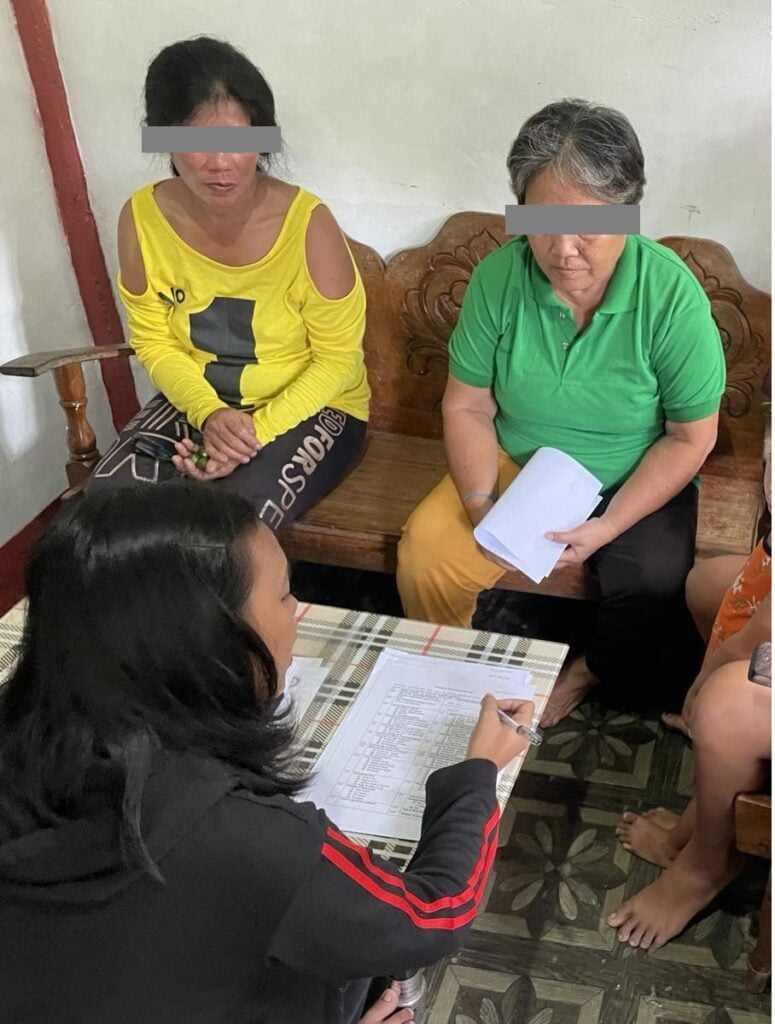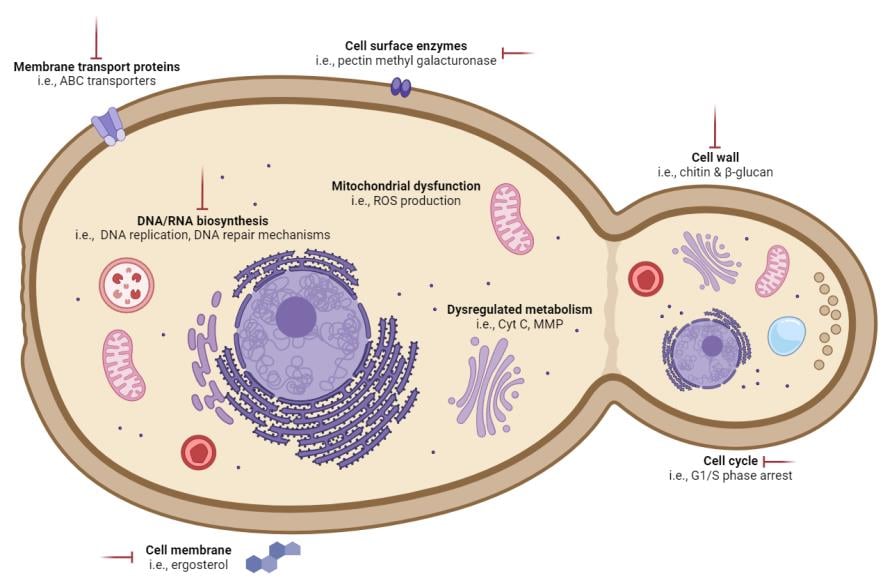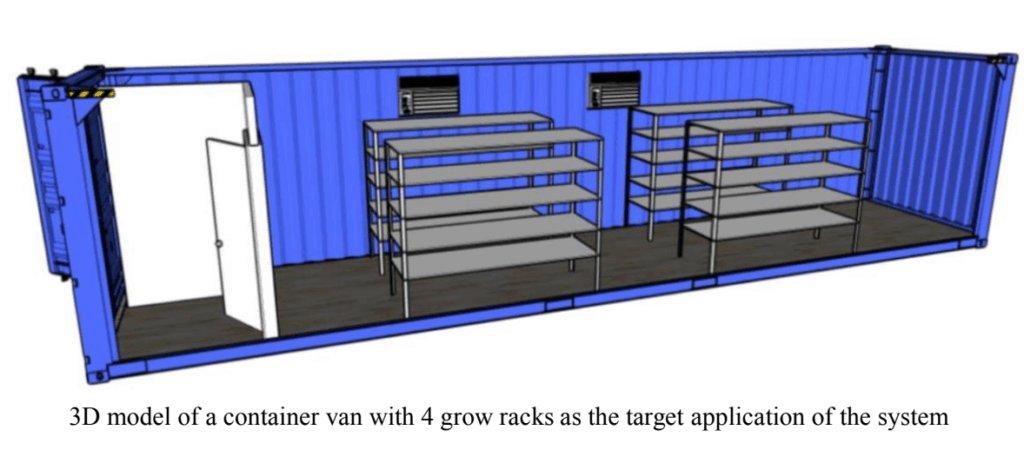Research
As the national university, we champion and support innovative research that addresses the country’s most pressing challenges.
25 Apr 2025
China’s projects aim not only to compete with the US but also to bring about positive change
This research looks at how China is becoming more influential in the world through projects like the Belt and Road...
Read More24 Apr 2025
Non-democratic states, even if they perform well in sports, receive less media attention than democratic countries
In this study, Panao and Gache delve into the fascinating world of sports and its connection to global politics. Essentially,...
Read More15 Apr 2025
Survivors of the 1974 Battle of Jolo wish to forget the tragedy but their memories expose the recent struggles of Muslim Mindanao
Moving beyond the disinformation surrounding Filipino memory construction of martial law this study delves into the experiences of civilians during...
Read More11 Apr 2025
This study of the largest fast food group in the Philippines acquiring its competition adds to the limited, but growing, inventory of business case studies
This case is about the acquisition by the largest quick service restaurant (QSR) group in the Philippines, Jollibee Foods Corporation...
Read More25 Mar 2025
Tracing Darna’s roots in Filipino folk culture challenges the typically male-centered Western superhero genre
Power is one of the most distinguishing features of the superhero genre. In this regard, one of the most recognizable...
Read More18 Mar 2025
The clustering of tuberculosis cases could be linked to the El Niño phenomenon
This study focused on tuberculosis (TB) cases in Region III of the Philippines for the years 2019, 2020, and 2021,...
Read More17 Mar 2025
Perceived factors to teenage pregnancy such as technological influence influence the manner of delivering services
Teenage pregnancy remains to be a major concern in the health of Filipino adolescents despite the nationwide adoption of sexual...
Read More07 Mar 2025
Research uncovers new information on the voice of the Philippine flat-headed frog found only in Palawan
This study describes the call of Barbourula busuangensis, a peculiar and elusive fully aquatic frog endemic to the Palawan archipelago of...
Read More07 Mar 2025
High levels of body association lowers the risk of depression, anxiety and stress among Filipino emerging adults
Among Filipino emerging adults, prevalence rates of severe and extreme levels of depression, anxiety, and stress are relatively high. High...
Read More07 Mar 2025
Research uncovers new information on the voice of the Philippine flat-headed frog found only in Palawan
This study describes the call of Barbourula busuangensis, a peculiar and elusive fully aquatic frog endemic to the Palawan archipelago...
Read More06 Mar 2025
Lemongrass has the potential to control the growth of fungi from skin mycoses, foodborne illnesses and opportunistic infections
Lemongrass is an abundant medicinal plant that is used as an herbal remedy for fungal infections. Despite being widespread, to...
Read More04 Mar 2025
A hybrid Internet of Things-based smart system performs better than a purely wireless sensor in monitoring indoor hydroponics farms
Internet of Things (IoT) is a one of the technologies that are being applied to various applications and scenarios. This...
Read More











